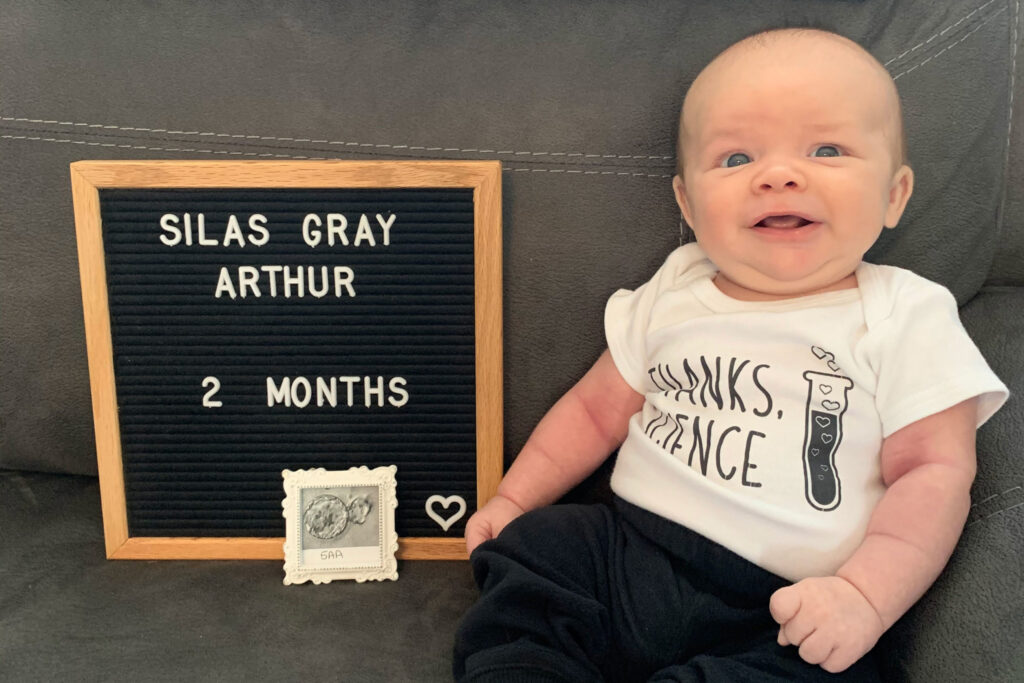How a fertility doctor can help women who are feeling down about Mother’s Day and infertility
 The topic of Mother’s Day and infertility is on the minds of many women struggling to conceive this time of year. As a result, we want to share how our Tennessee fertility center can help. With thorough evaluations and effective treatments, the specialists at our clinic can often help women move past fertility challenges and become mothers.
The topic of Mother’s Day and infertility is on the minds of many women struggling to conceive this time of year. As a result, we want to share how our Tennessee fertility center can help. With thorough evaluations and effective treatments, the specialists at our clinic can often help women move past fertility challenges and become mothers.
How we help women bypass the pain of Mother’s Day and infertility
An important part of overcoming infertility is getting the right diagnosis. Our clinic can provide an accurate diagnosis by using various fertility evaluations.
Medical history and exam. One of the first steps in a female infertility evaluation is reviewing the woman’s medical history. The doctor will also look at the results of past pregnancy attempts and treatments. Then, the doctor will perform a standard exam to assess the patient’s health.
Bloodwork. Women will receive a blood test so that the fertility specialist can assess her levels of anti-Mullerian hormone (AMH), estradiol, prolactin, follicle-stimulating hormone (FSH) and thyroid-stimulating hormone (TSH).
Ultrasound. Our doctors often recommend a transvaginal ultrasound, as it allows them to determine the health of the woman’s ovaries and assess her egg supply.
Hysterosalpingogram (HSG). Our team can utilize this non-surgical test to detect possible uterine abnormalities, such as polyps or fibroids. It can also help doctors determine whether a woman has a blockage in her fallopian tubes.
Surgical evaluation of infertility. Some abnormalities, such as endometriosis, uterine defects and fallopian tube damage may require a minimally invasive surgical evaluation.
If you feel stress about Mother’s Day and infertility, take the next step towards motherhood by scheduling a consultation at our Tennessee fertility center.
What happens after the female infertility evaluation?
After these tests, the doctors at our clinic work with women to develop a treatment plan that can put the strain of Mother’s Day and infertility behind them. There are a variety of treatments the doctor might recommend, depending on the woman’s needs.
Intrauterine insemination, or artificial insemination (IUI). If the doctor finds that sperm is having trouble reaching the egg, they may suggest IUI. This treatment consists of the doctor inserting sperm from the woman’s partner or donor into her uterus with a catheter around the time of ovulation.
IUI and clomiphene citrate. Women with ovulation challenges can benefit from a combination of IUI and a medication called clomiphene citrate, or Clomid. This medication stimulates ovulation before the IUI procedure.
In vitro fertilization (IVF). IVF involves the woman taking ovarian stimulation medications, while receiving regular monitoring at our clinic. After the woman’s eggs mature, the doctor retrieves them during a short procedure. The eggs then go to the lab where an embryologist fertilizes them with sperm from the woman’s partner or sperm donor. The doctor then transfers a resulting embryo to the woman’s uterus.
The expert team at our Tennessee fertility center is here to help you move past fertility barriers and welcome a baby into your family. Contact us for more information about receiving a female fertility evaluation.







